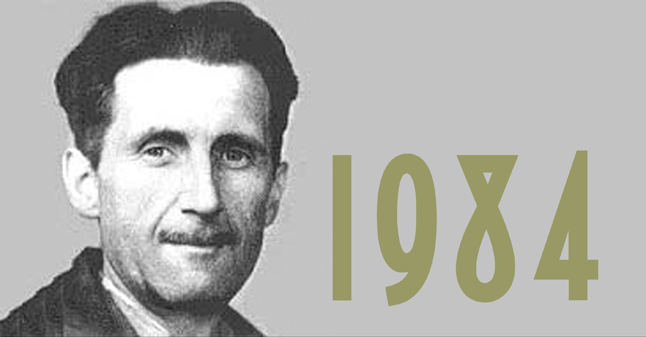Azov battalion – a problem for the narrative about defending democracy in Ukraine. The group is so notorius that long before the current war even the US Congress banned funding it, with one Congress member describing it as “white supremacist and Neo-Nazi”. [1] There have indeed been many stories in mainstream Western media about the right-wing associations of the Azov battalion. The Guardian itself in 2018 ran a story based on the work of an ‘anti-fascist’ organisation talking about how a “neo-Nazi” group was seeking to recruit “far-right” Britons to join it.
The ‘white supremacist’ aspect aside the Azov battalion has played a particularily unconstructive role in the crisis in Ukraine. Zelensky was elected in 2019 in part on a platform of seeking a peaceful resolution of the Donbas conflict. He genuinely tried, and advanced a proposal that was accepted by Russia and the OSCE for a referendum in Donbas. However, the plan was scuppered by the Azov battalion who marched on Kiev and threatened a ‘second Maidan’. [2] All of this was reported in the Western media as an event, though its significance was not noted at the editorial level. Azov battalion is a problem.
The lead story in the Guardian today is about Azov battalion. The headline describes them as an “elite force”. The article is based on interviews with Azov commanders. The main theme of the story, by the Guardian’s defence correspondent, is about how Azov battalion has an ethos of “mutual respect” between its fighters. The only nod to the Azov battalion’s political orientation is this:
The 5,000-plus strong brigade has shed any far-right associations, relentlessly emphasised in Russian pre-invasion propaganda, and is one of the military’s elite forces, comprised entirely of volunteers.
I don’t know if it is true that the battalion has shed anything. But shed or not shed the problem was a lot deeper than a few “associations”, as is abundantly clear from mainstream media reporting, including the Guardian itself. Nothing here about the obstrutive role the Azov battalion played in blocking a peace agreeement over Donbas in 2019. True; that the “far-right” associations of the Azov battalion were a major talking point for the Kremlin “pre-invasion”, and arguably it is true that the problem was exaggerated by the Kremlin, though given the role that Azov played in sabotaging the implementation of the Minsk agreements, perhaps it was not a big exaggeration. Either way, the Western media-political narrative seems to play it down. Everyone has their own ‘propaganda’.
Well; there we have it. An “elite” battalion, noted for its culture of “respect between the ranks”, which has “shed” “any” “associations” with the far right.
In their desperation to do in Russia, Western liberals will make saints out of anyone, even, it seems, a grouping as problematic as the Azov battalion. I don’t think these kinds of stories are accidental. This looks to me like an intelligence led media operation to curate public opinion. The need and the aim is to whitewash the image of the Azov battalion because public awareness, even peripheral, of the Azov battalion as ‘Nazi’ could negatively affect public support for the current revamped Western war effort (being driven now by the narrative that “Poland is next”).
Notes
- https://khanna.house.gov/media/in-the-news/congress-bans-arms-ukraine-militia-linked-neo-nazis
- “But the most passionate opposition to Zelensky’s initiative came from hardline Ukrainian nationalists. Thousands of protesters gathered on Kyiv’s Maidan Square under the slogan ‘No capitulation!’ More menacingly, several Ukrainian nationalist militias, including the Azov Battalion that was then fighting in the Luhansk region of Donbas, refused to accept the agreement.” Matthews, Owen. Overreach: The Inside Story of Putin and Russia’s War Against Ukraine (p. 149). HarperCollins Publishers. Kindle Edition.
